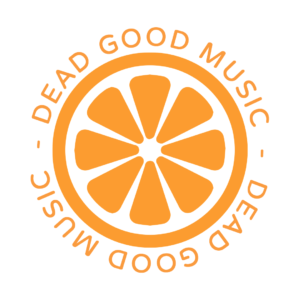Thursday, 18th January was a sad day for the entire industry as the news broke that the self-proclaimed Most Trusted Voice In Music, Pitchfork, was gutted and merged with men’s magazine GQ. Music journalism jobs are already few and far between, and the loss of Pitchfork is a grim reminder of the reality of the media landscape in 2024.
One of the last of its kind, Pitchfork launched as an independent music blog in 1996 and over the years has built a reputation as one of the most impactful music publications in the game. The cultural significance of the site speaks for itself, simply log onto Twitter and read the thousands of posts from journalists, bands and music fans alike mourning the loss of yet another publication.
Pitchfork was taken over by Conde Nast in 2015 and yesterday the media giants, in all of their wisdom, made the decision to fold the Pitchfork brand into GQ. The gutting of Pitchfork means the loss of jobs for many of the journalists who worked there, including editor-in-chief Puja Patel. The exact number of layoffs is unknown; however, former employees have speculated online that it is as many as half.
The news came from a widely circulated leaked email, from Anna Wintour of all people, sent to Pitchfork staff stating they would be “evolving our Pitchfork team structure by bringing the team into the GQ organisation”.
To call the folding of a diverse and reputable music publication into a men’s magazine an “evolution” adds insult to injury. It simply feeds into outdated public perceptions of serious music criticism as a male job. Pitchfork has always been more than just another white male indie title, the latest editor-in-chief of Pitchfork was a woman, and for the last decade female and non-binary writers have transformed the website to cover a diverse array of new music which might not have otherwise gained traction in the press.
The loss comes at a time of newsroom cuts across the globe. Only three months ago, Reach announced plans to cut 450 jobs. According to Press Gazette, over 7,900 journalism industry jobs were cut in 2023. The cuts seem to heavily outweigh the creation of new jobs, with Press Gazette stating their data shows the creation of 361 new roles. It seems to be the end of days not just for the music press, but for the entire journalism industry.
Music journalism has been dying a slow and painful death for decades. There has been a steady decline in print sales year on year since 2007; in 2018 the NME ended its 66-year print incarnation moving to an online-only format following attempts to adapt by becoming a free magazine supported by advertising and advertorial content, in 2020 Q magazine folded after 34 years in print. The loss of these two big names alongside a number of smaller publications comes as a result of a publishing industry which is in terminal decline. There’s no denying that there has been a steady, progressive decline in music press circulation caused not just by the rise of the internet and falling circulation, but also changing demographics, ageing readership, and a reduced influence of magazine writers as tastemakers.
Claims of the death of the music magazine have been rife for years, so much so that we all expected online publications such as Pitchfork to flourish. If there is no room in the digital media landscape for genuine music criticism, for in-depth longform content, for context and analysis, and for providing coverage to artists who would not elsewhere have the opportunity to be discovered, then the whole house will come falling down.
The music industry needs culture, but media conglomerates will always prioritise capital.

